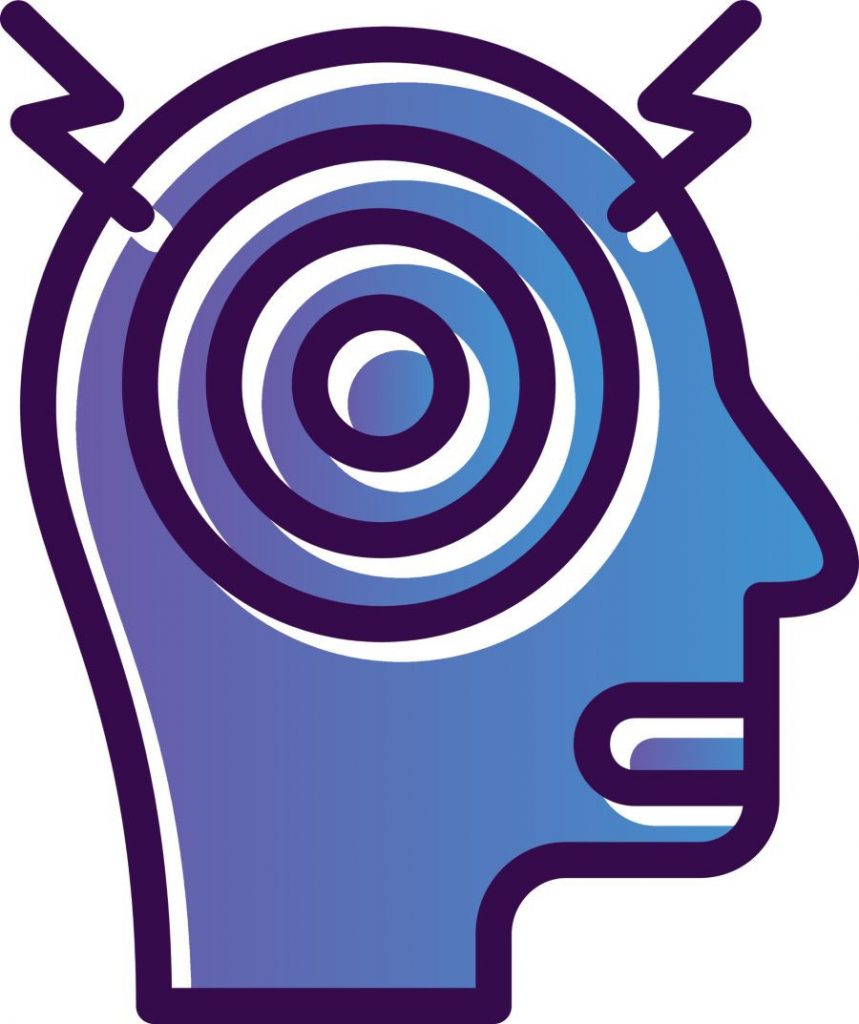Are TikTok ADHD Videos Hurting More Than Helping?

© Freepik
Have you ever scrolled through TikTok and stumbled upon a video about ADHD?
Maybe it was someone sharing their story or a quick tip about handling symptoms.
With millions of views, these short clips grab attention and spark curiosity.
But here’s the catch: not everything you see is true. Studies are showing that many popular TikTok videos about ADHD might be spreading wrong ideas.
What’s really going on with this trend, and why does it matter? How does ADHD misinformation on TikTok affect the way people see the condition? Let’s dive in and find out.
The Rise of ADHD Misinformation on TikTok

Why is ADHD misinformation on TikTok so common, according to studies?
TikTok is a huge platform where people share all kinds of things, from dances to life advice. Lately, it’s become a hotspot for talking about attention-deficit/hyperactivity disorder, or ADHD.
This condition affects how people focus, stay still, or control impulses. Videos tagged with #ADHD have racked up billions of views, making it one of the top health topics on the app.
For many, these clips feel relatable—they show real people talking about their struggles or triumphs. But experts are starting to worry.
While these videos can build community and reduce shame, they don’t always get the facts right.
Research from places like the University of British Columbia and The Canadian Journal of Psychiatry has looked at the most-watched ADHD videos on TikTok.
What they found is surprising: more than half of these videos share info that doesn’t match what doctors know about ADHD.
Things like saying everyone who forgets stuff has ADHD or claiming sugar causes it are common but wrong. This mix of truth and error is tricky because TikTok’s fast, fun style makes it easy to believe everything you see.
Why Misinformation Spreads So Fast?

Why is this happening? TikTok thrives on short, catchy videos that keep you scrolling. Creators don’t have much time to explain complicated stuff like ADHD, so they simplify it—sometimes too much.
A lot of these videos come from regular people sharing their own experiences, not doctors or experts. That personal touch makes them popular, with some getting millions of likes and shares.
But personal stories aren’t the same as science. For example, one study found that only about one in five ADHD videos had solid, helpful info. The rest? Either misleading or just someone’s opinion.
The app’s algorithm doesn’t help either. It shows you more of what you like, so if you watch one ADHD video, you’ll see tons more.
This can trap you in a bubble where wrong ideas keep popping up. Plus, some creators make money by selling products like fidget toys or coaching, which can push them to exaggerate or twist facts to get attention. It’s not always on purpose, but it happens.
What This Means for You

The good news? Not all ADHD videos are bad. Some, especially from health pros, share solid tips and facts. The trick is knowing what to trust.
So, what’s the big deal? If you’re watching these videos to understand ADHD—whether for yourself or someone else—wrong info can confuse you.
Some people even start thinking they have ADHD because they relate to a video, even if their symptoms come from stress or something else.
This can lead to self-diagnosing, which might mean missing out on the right help. Experts say the best move is to check what you see on TikTok against real sources, like a doctor or trusted health website.
TikTok can start the conversation, but it shouldn’t end it.
You might also want to read: Understanding ADHD: Causes and Risk Factors


